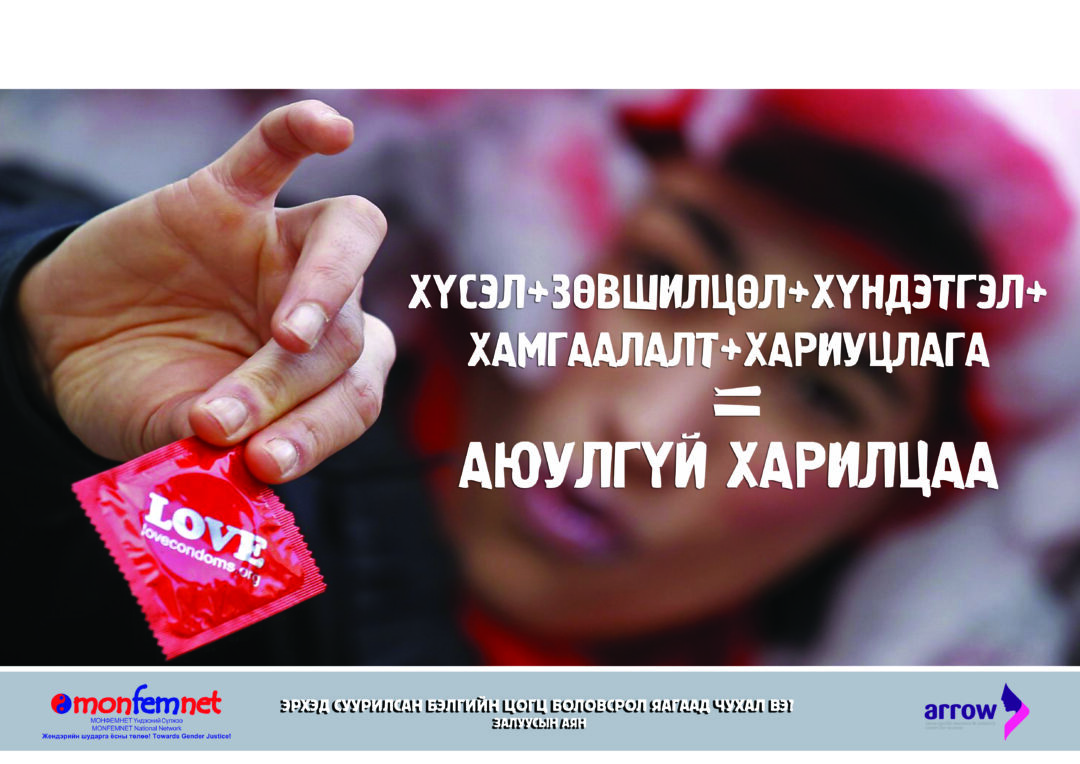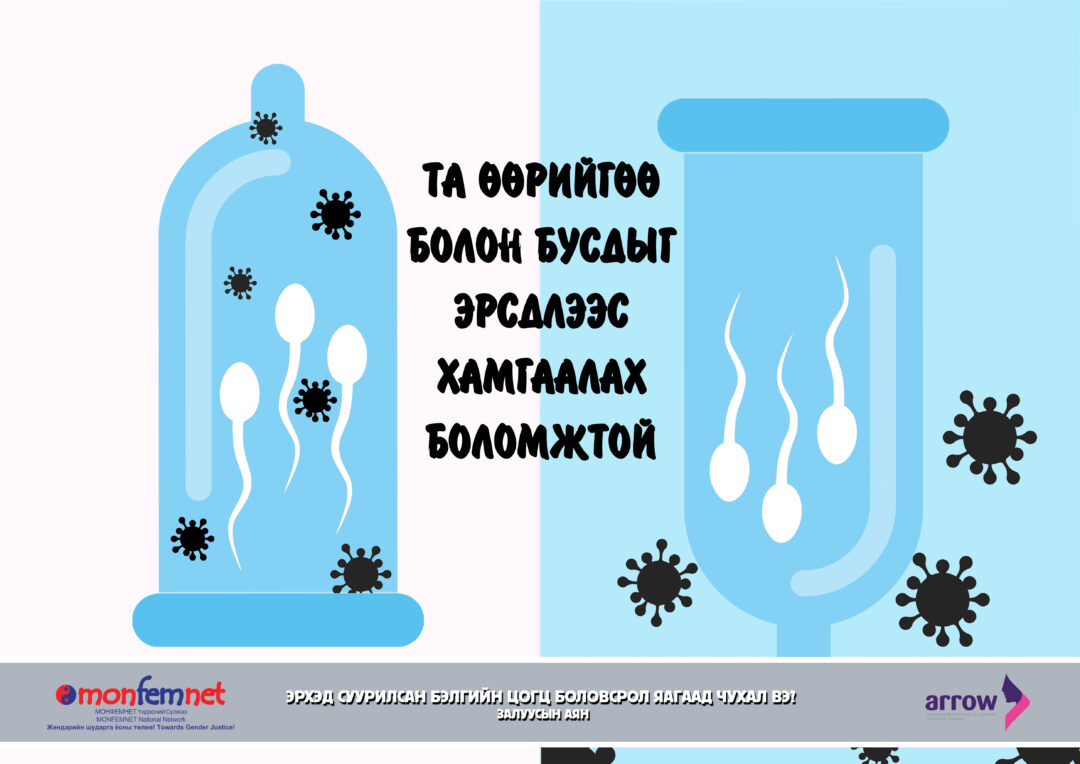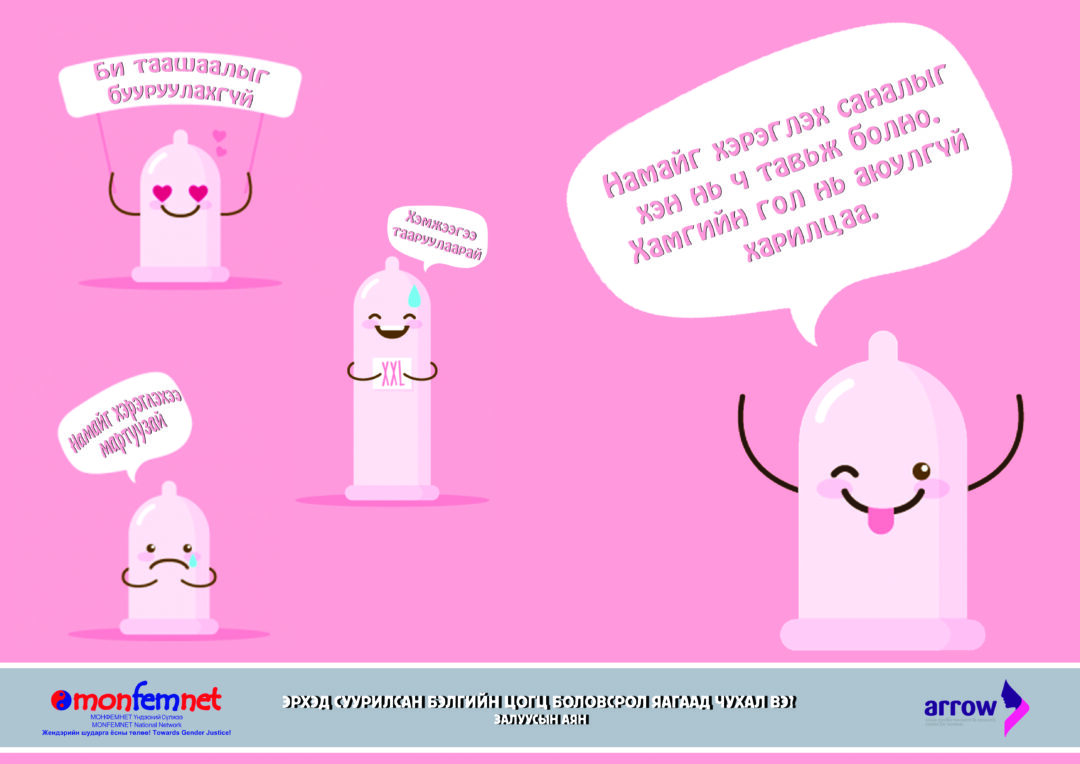Ensuring Universal Access to Sexual and Reproductive Health and Rights
Sexual and reproductive rights are fundamental, inseparable rights connected to every stage of a person’s life. Therefore, they must be recognized as integral to all development goals.
These rights include the freedom of every individual to make informed decisions about whether, when, and how many children to have, and to make all decisions related to their sexual life—free from discrimination, coercion, pressure, or violence. Ensuring access to accurate information and quality services related to sexual and reproductive health is central to realizing these rights.
There is a pressing need to shift from a narrow focus solely on reproductive health and rights to a more holistic approach that includes sexual health and sexual rights, which have often been overlooked.
Sexual and reproductive health and rights (SRHR) are key indicators of a country’s human rights status, health system, and level of development. They are closely linked with other core development issues such as gender equality, human rights, poverty, inequality, health, climate change, migration, natural disasters, food security, and resource accessibility. Without the right to bodily autonomy and control over their own sexual and reproductive lives, women cannot fully and equally participate in society, the labor market, or decision-making.
International frameworks, such as the Programme of Action of the International Conference on Population and Development (ICPD), the 1993 Convention on the Elimination of All Forms of Discrimination Against Women (CEDAW), and the 1994 Beijing Platform for Action, have recognized sexual and reproductive rights as fundamental human rights. Governments were urged to guarantee these rights, provide free primary health care services, and establish the highest standards of rights-based, accessible, and equitable healthcare systems.
Global experiences show that access to SRHR services is strongly influenced by national laws and regulations. While Mongolia has legally guaranteed the right to free primary health care and access to SRHR services for women of all ages, in practice, factors such as geographic location and household income still limit women’s access.
Reproductive health is not limited to the proper functioning of the reproductive system, but also encompasses physical, mental, and social well-being. It includes the capacity for a satisfying and safe sexual life, reproductive autonomy, and the ability to make decisions regarding childbearing. Sexual health refers to a positive and respectful approach to sexuality and relationships, with services aiming to enhance personal well-being and address issues such as reproductive and sexually transmitted infections.
The MONFEMNET National Network prioritizes this area in its Strategic Goal 2, which focuses on strengthening public knowledge and awareness of bodily autonomy, reproductive rights, human rights, and gender equality. Since 2014, MONFEMNET has been a member of the Asia-Pacific SRHR Knowledge and Advocacy Partnership Network and a partner of the Asian-Pacific Resource and Research Centre for Women (ARROW). Under this collaboration, MONFEMNET has been implementing the “SRHR for All” programme in Mongolia.
This program is successfully implemented across Asia-Pacific countries, including Bangladesh, Cambodia, China, India, Indonesia, Laos, the Maldives, Malaysia, Mongolia, Nepal, Pakistan, the Philippines, Sri Lanka, Thailand, and Vietnam.




